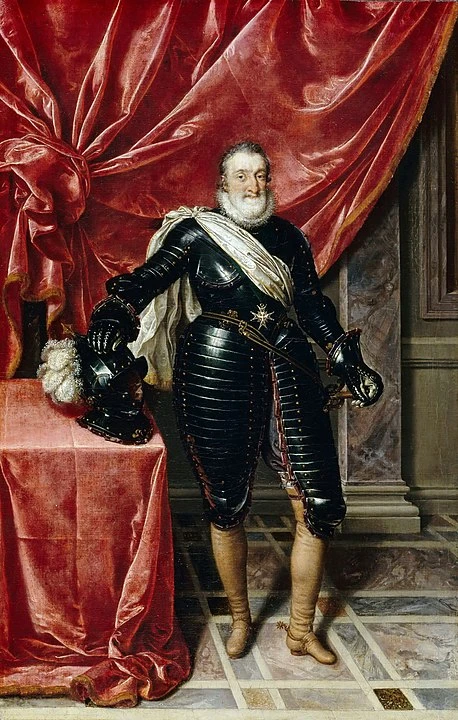The Wars of Religion: two faiths clashing
In the 16th century, for more than 40 years, the Wars of Religion ravaged France. Catholics against Protestants. The idea that one religion should crush the other led to battles and massacres. That of the Protestants during the Saint-Barthélémy in 1572. Henri IV put an end to all this in 1598. Born a Protestant, became a Catholic under threat, became a Protestant again by regaining his freedom, and finally converted to Catholicism when he became King of France.
An edict for two faiths
Henri IV wants to put an end to fratricidal fights. He signed an edict... Unpublished. The Edict of Nantes. "This will be the law in France from this day on" said the king. For the first time, two religions will cohabit in France, there will be no more prosecution or condemnation for those who have a different faith than the majority, Catholics. Henri IV does not know it but tolerance is never won.
Which will be abolished by the grandson of Henri IV
In 1685, with a stroke of the pen, Louis XIV, his grandson, abolished the Edict of Nantes. The Protestants had to convert. Chased, victims of numerous exactions, thousands of them fled and hid. Some of them settled in Germany or even in America. The freedom to believe differently would not return until a century later, in 1789.




